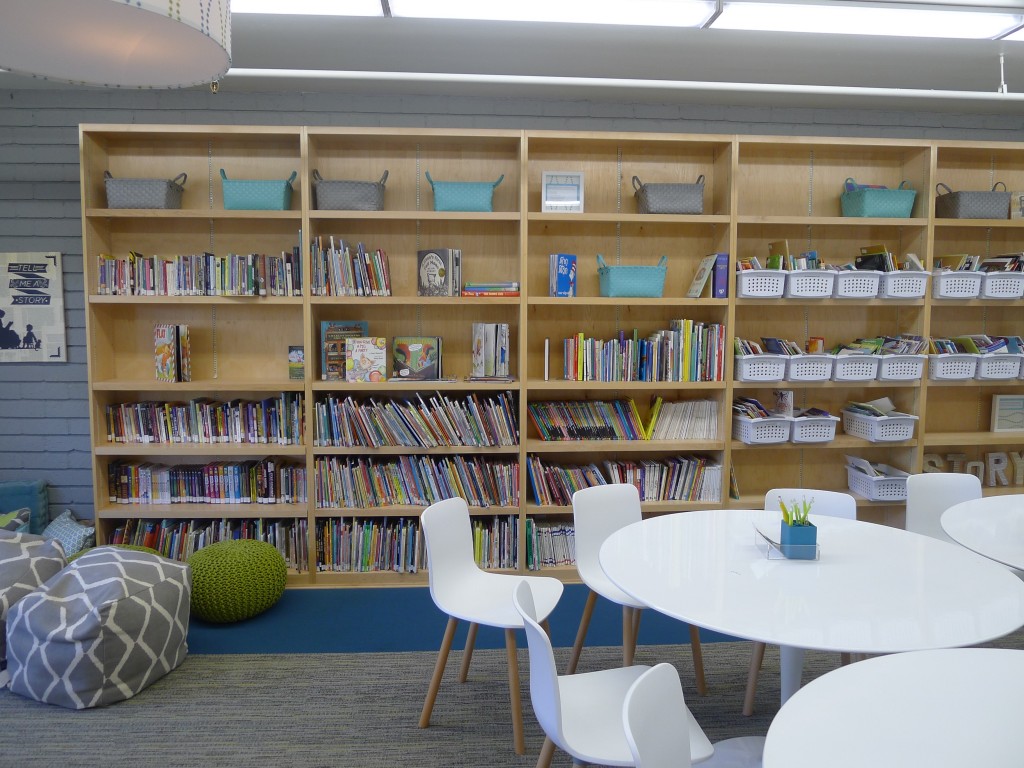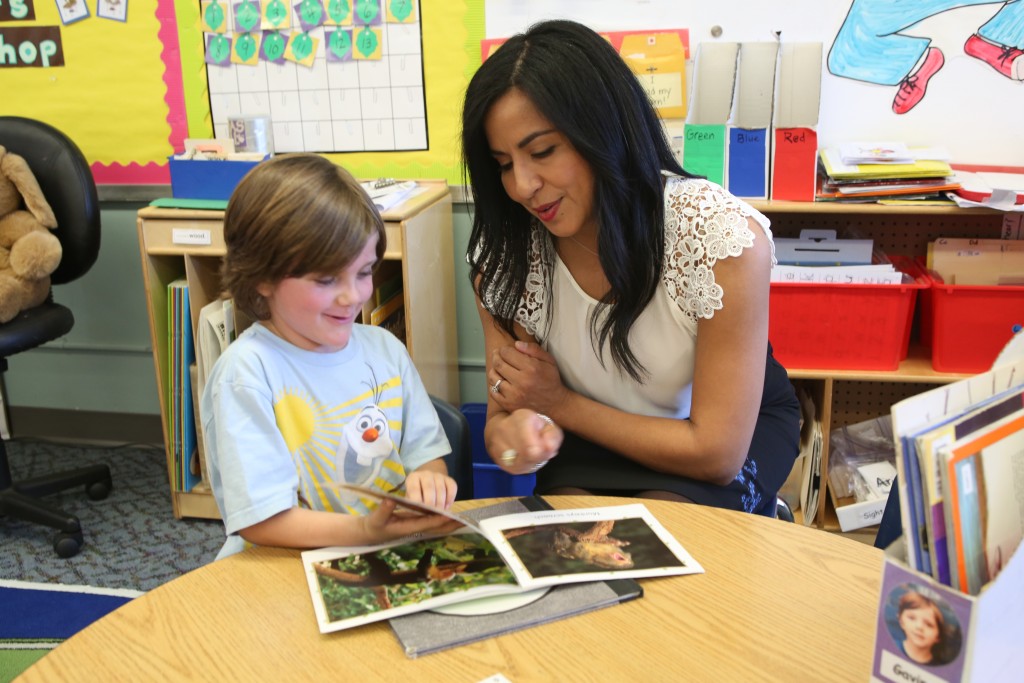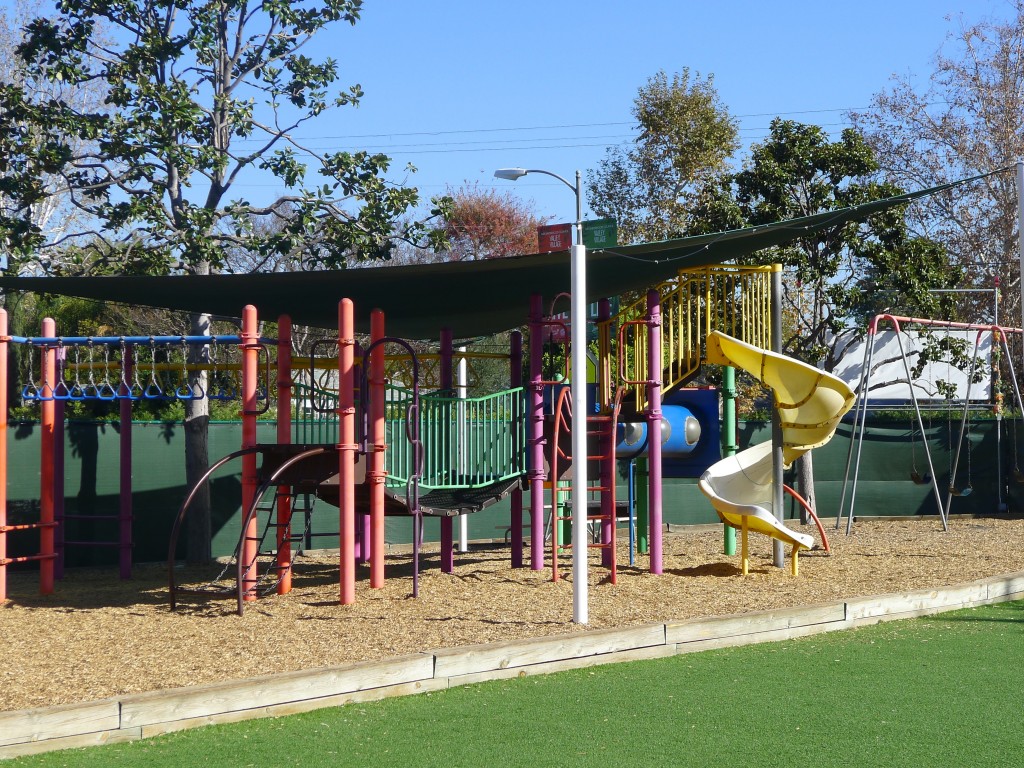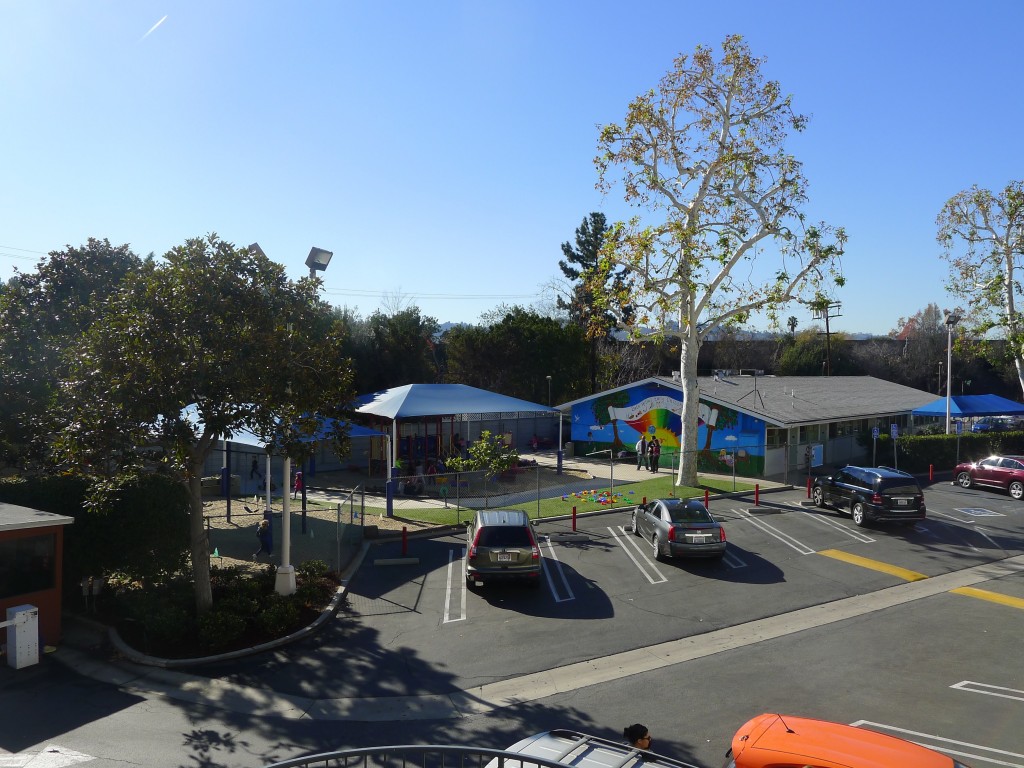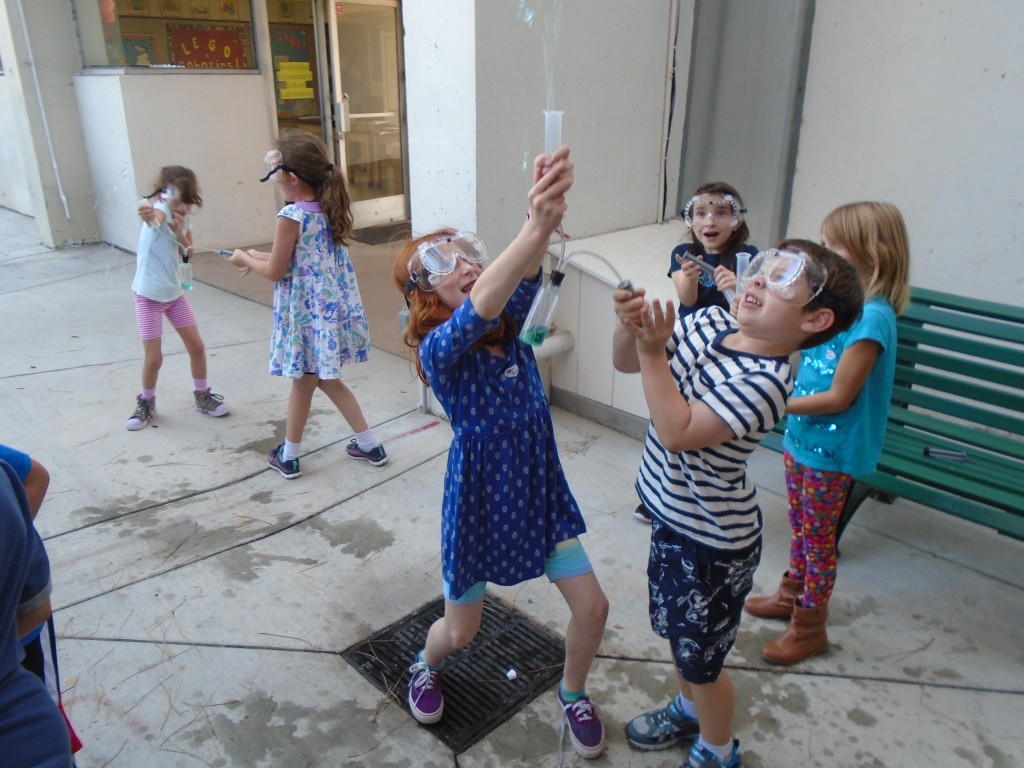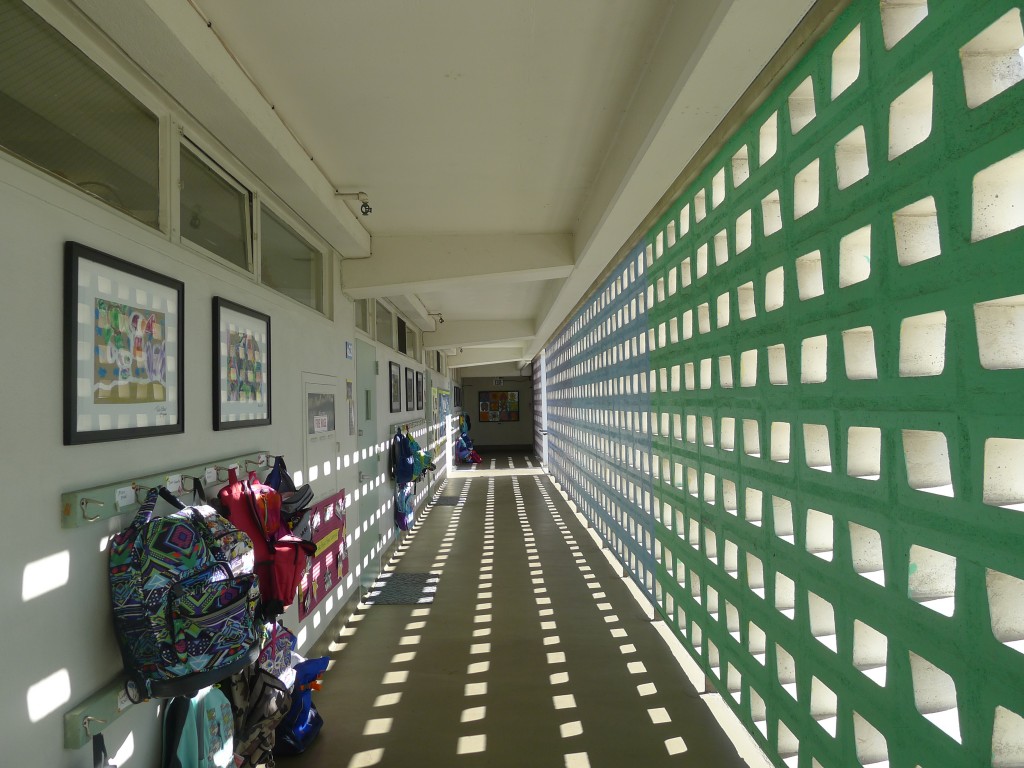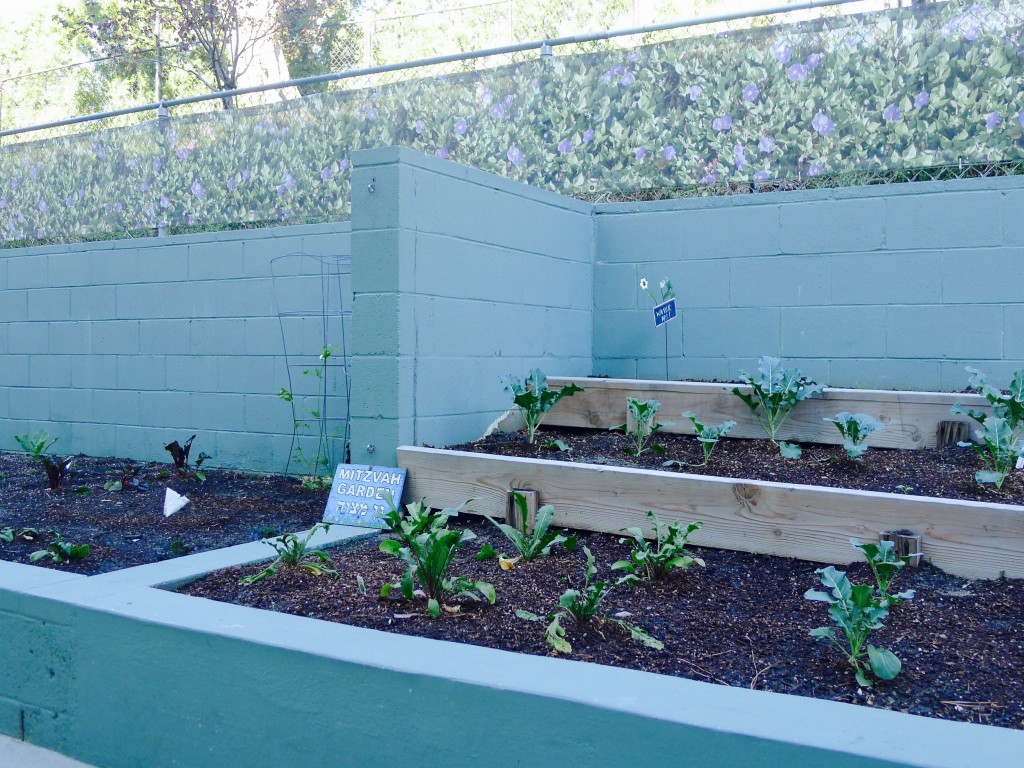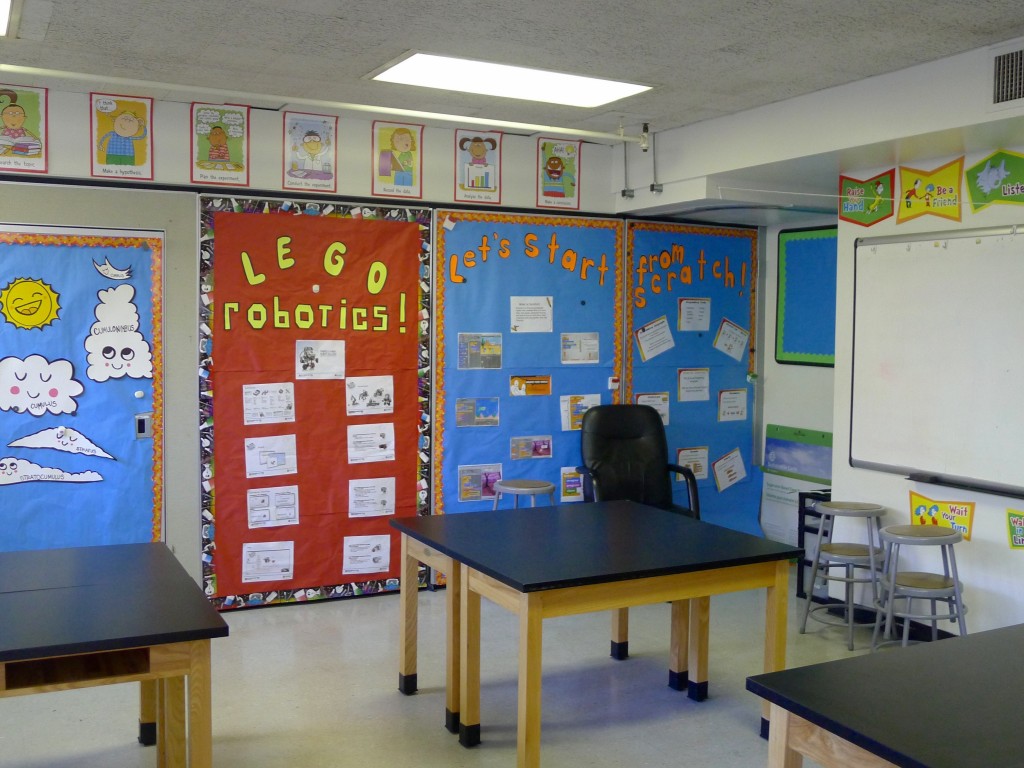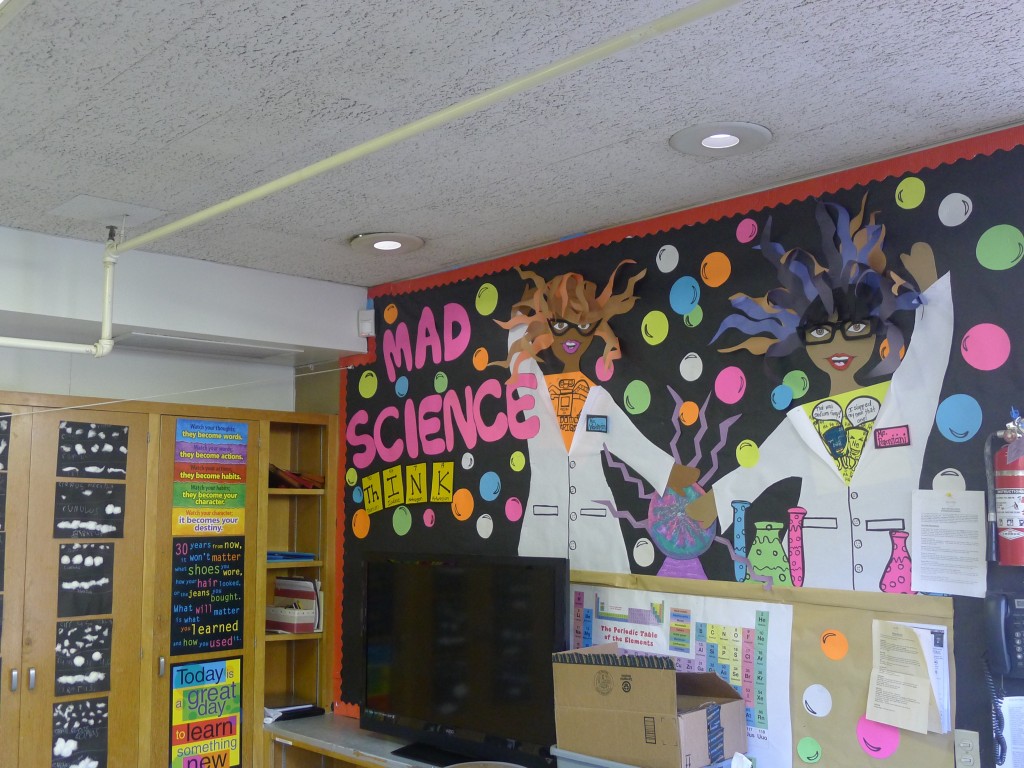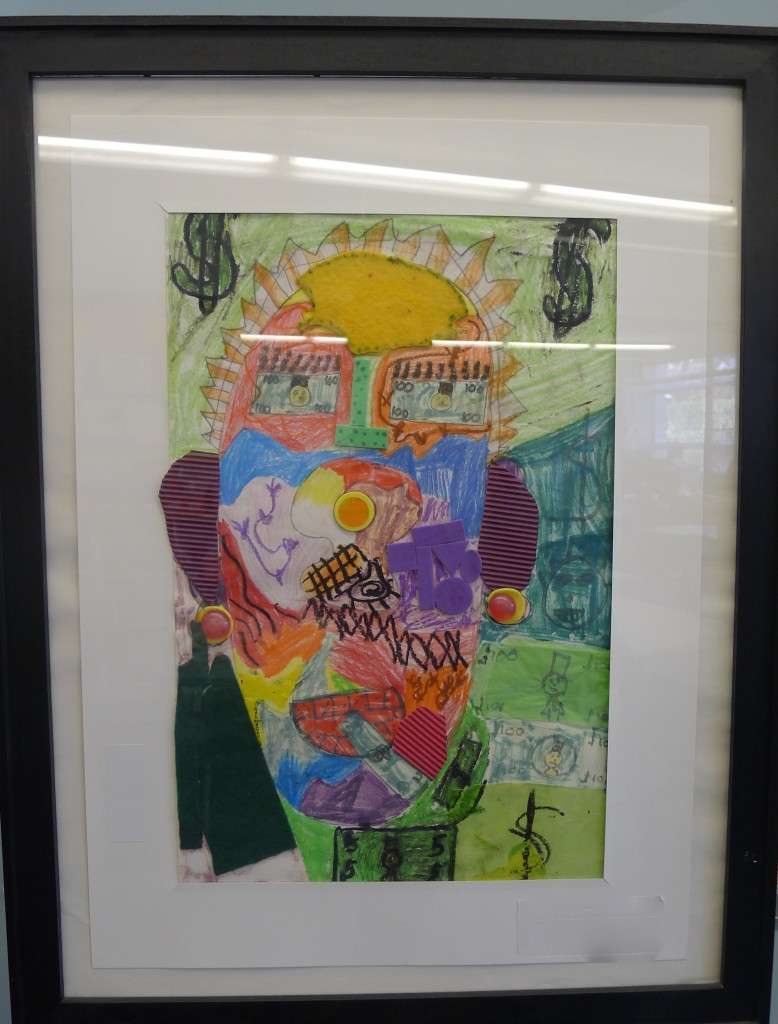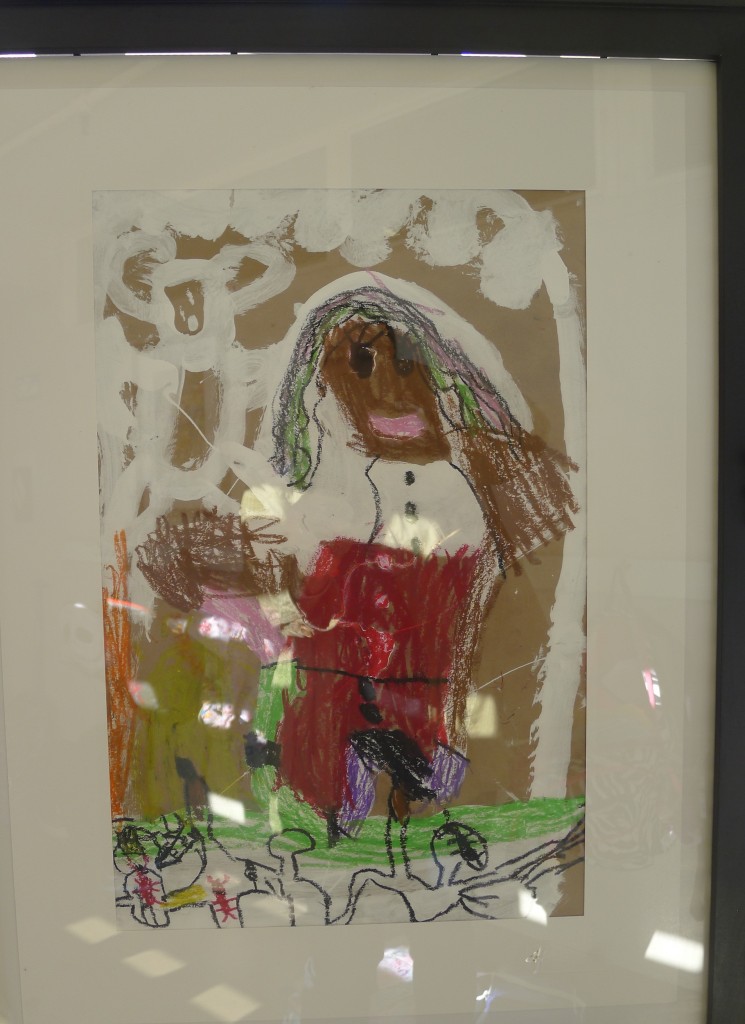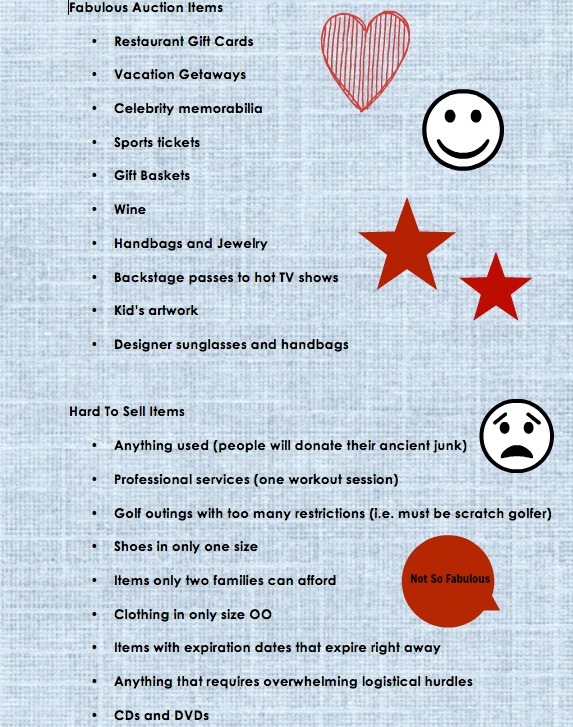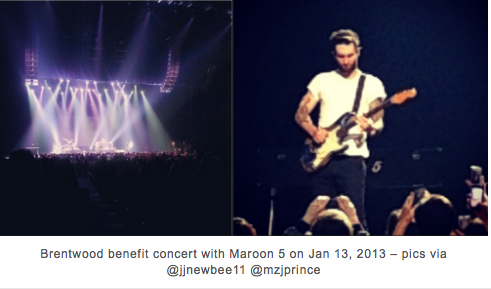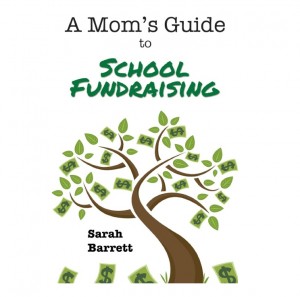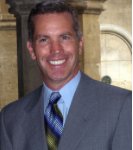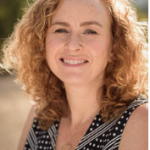While I was having coffee with a Beth Hillel Elementary School (BHES) board member last month, she invited me to visit the school and I immediately accepted the invitation. I’m always intrigued when I hear the words “progressive” and “religious” in the same sentence, so I set up a date to meet the head of school for a tour. Kathryn Jensen was just announced as permanent head of school, a position she held as “interim” previously. Kathryn is at the top of her game and she’s ready to take the BHES to the next level. At the top of her list is enrolling more interfaith families. Kathryn is incredibly friendly and outgoing, with a warmth and enthusiasm that makes you want to keep talking to her long after its time to leave. She brings a wealth of experience and her enthusiasm for BHES shines. I enjoyed meeting with Kathryn and hearing about her vision for this “hidden gem” of a school. The school is small and nurturing with a bold, robust curriculum, a wonderful combination for an elementary school. At BHES, “Students should believe they are authors, scientists or artists,” says Kathryn. One thing that is certain to remain unchanged is the school’s impressive placement to top secondary schools like Oakwood and Harvard-Westlake.
Beth Hillel Elementary School (BHES) is a progressively-minded Jewish Day School located in the heart of Valley Village. Beth Hillel Synagogue, which hosts the school’s campus, is affiliated with the Reform Movement – which means that interfaith, LGBT and families of color feel at home here. For further proof, look no further than the synagogue’s senior spiritual leadership – all female. There are three schools that share the campus; Early Child Education, Religious School and the Elementary School.
BHES is a small school with no more than 15 students per class. With such small class sizes, each child receives a significant amount of personal attention, and Individual Success Plans (ISPs) for each child are a big component of BHES’ educational philosophy. These ISPs are created for every student and are crafted by the student’s teacher in collaboration with the student and their family. The ISP sets measurable goals that faculty and family partner on to achieve. These goals may relate to a student’s academic skills, social/emotional toolkit, or work habits. Beginning in Kindergarten, the school opens an Evernote file for every student that preserves a digital record of all of the child’s work, progress, projects and assessments. From worksheets to sound recordings of their first forays into reading, each child’s academic life is diligently chronicled and celebrated.
In addition, BHES realizes that different children have different learning styles: If a child would rather figure out a math problem at a standing desk, or do their reading on a giant bean bag chair in a quiet corner of the room, the school empowers students to use tools that make them successful. How fantastic is that?
BHES features a cutting-edge General Studies curriculum and the school provides for a significant amount of professional development for its teaching staff. Teachers participate in professional development for a minimum of 64 hours throughout the school year and often attend more advanced trainings, like Teacher’s College at Columbia University, during summer months.
Based in part on research conducted at the UCLA Lab School, the academic curriculum includes scientifically researched programs such as Reader’s and Writer’s Workshop, Responsive Classroom, and Singapore Math. BHES was one of the first schools in the Valley to adopt these highly effective programs, in the belief that more important than their rigorous academic content, these programs teach kids how to think, solve problems, and innovate.
In addition, the school offers a strong robotics and technology program and integrates this curriculum throughout the school day. Starting in 2nd grade, students create interactive stories, games, and animations directly in a browser with MIT’s drag-and-drop programming language. The program is designed to teach students to navigate through the multiple stages of development from brainstorming to play testing. Beginning in 3rd grade, robotics and engineering are part of the science curriculum. Students participate in teams as they learn to program Lego Ev3 Robots and troubleshoot problems that come up. They also learn engineering principles and participate in engineering challenges using the STEAM Trax Design Process. Besides Robotics, Beth Hillel prides itself on complete Arts Integration throughout the school day.
The curriculum follows these core principles:
- Students are learning principles of Constructivism (actively built, experiential, evolving, collaborative, problem-solving, and reflective).
- Students are engaged in constructing and demonstrating understanding as opposed to just memorizing and reciting knowledge.
- Students are constructing and demonstrating their understandings through an art form.
- Students are engaged in a process of creating something original as opposed to copying or parroting.
- Students will revise their products at least once.
- The art form connects to other parts of the curriculum.
- The connection is mutually reinforcing.
- There is emphasis on both the art form the other subject areas, as well as specified learning objectives.
- The objectives evolved since the last time the students engaged with this subject matter.
- There is one class per grade level.
At each grade level, children at Beth Hillel Day School have access to projects and materials that engage them in a way best suited for where they are both academically and developmentally. The result is a steady stream of positive experiences associated with learning and school. As Kathryn Jensen puts it, “Learning is a process that continues throughout our lives and it’s vital for children to discover it early on as a joyful, empowering and fun. Having fun at school makes learning sticky; and it increases student achievement and reduces anxiety.”
The school’s academic results are impressive. In 2014, Beth Hillel Elementary was ranked #1 nationally on the Measuring Success survey for its math program. The school also ranked in the top three schools, nationally, for STEAM: science, technology, engineering, arts and math integration.
BHES students’ Educational Records Bureau (ERB) results were also impressive: one quarter of their students tested in the 9th stanine, which meant they were in the top 4% of students who were tested nationally. The school is proud that in 2015, 15% of students that were in the qualifying pool, received the Presidential Award for Academic Excellence. A number of BHES students have qualified to participate in the Johns Hopkins Center for Talented Youth (a gifted program).
As Kathryn puts it, “We are your partners in raising a mensch.” The entire staff feels very strongly that the educational curriculum must go further than explaining the workings of the world to students. It seeks to provide them with a guide for how to be in the world by promoting empathy, curiosity, optimism, self-control and motivation. These character strengths are scientifically proven to prepare students for further success and fulfillment in life. “Teaching our students to find and nurture these qualities within themselves is as central to our curriculum as the academic disciplines, says Jensen.
The Jewish Studies portion of the curriculum focuses on the importance of social justice and social responsibility. Students put this into practice not only through classroom lessons and projects, but also by growing food in the school’s garden to give to the needy, taking field trips to purchase canned goods and packing them into gift baskets with a personalized card to donate to the local food bank, and collecting tzedakah (charitable giving) and clothing in for those in need. The goal is for all students to understand the responsibility all individuals share to care for each other as human beings.
The Religious part of the curriculum supports and enhances the rest of the program. Rabbi Eleanor Steinman, Temple Beth Hillel’s Director of Education, oversees the religious programming. An integral aspect of Jewish tradition is learning to ask questions in an effort to cultivate critical thinking skills. The school’s philosophy supports the belief that a Jewish education and a passionate exploration of the sciences are complimentary to each other, not mutually exclusive.
The same philosophy of education to is applied to Judaic Studies as it is to other subjects. Each child learns about Jewish tradition and belief through various music, art and drama projects. Students begin learning to read and write Hebrew in Kindergarten, and learn about their Jewish identity in an environment that is both progressive and inclusive. Many of BHES’ families are interfaith, and students are encouraged to share and celebrate all aspects of their authentic self.
Graduates of BHES matriculate into a wide variety of middle schools for 7th grade such as Oakwood, Harvard-Westlake, Buckley, Campbell Hall, Heschel, Kadima, and the Millikan Academies (Performing Arts, Civics, Mathematics, Cinematic Arts) and Walter Reed Independent Honors Program and School For Advanced Studies. Ninety-Five percent of students get into their top choice. The application deadline is January 29, 2016. For more information, visit, www.tbhla.com
Find Beyond The Brochure on Facebook and get blog our posts, private school event information and more!
